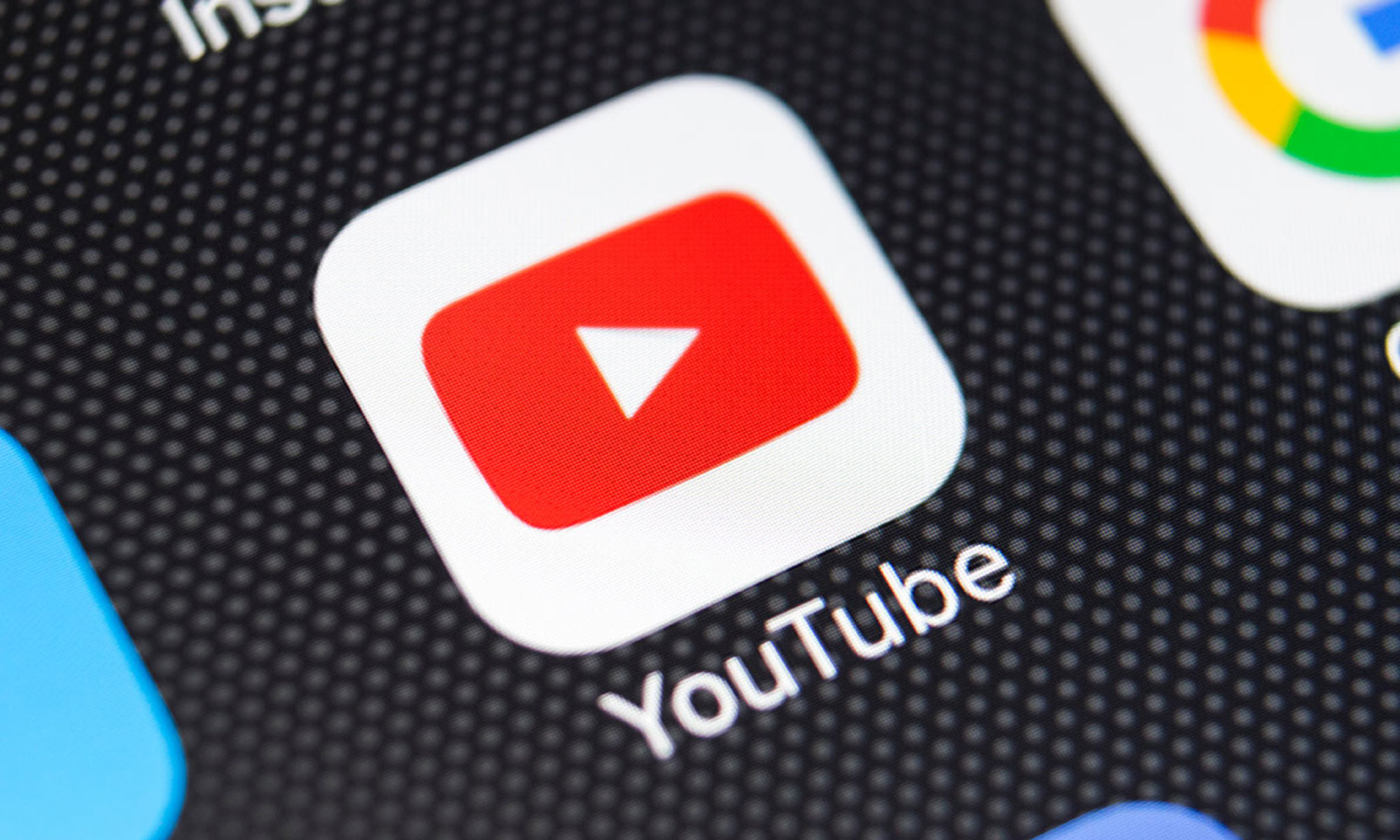News
YouTube To Start Deducting Taxes From Non-US Content Creators

As if YouTubers from outside of the United States were not facing enough challenges as it is, they will soon have one more thing to worry about. That’s because YouTube has recently announced its decision to start deducing taxes from US earnings of all non-US content creators.
The video streaming platform says that it is required by Chapter 3 of the US Internal Revenue Code to collect tax information from all creators outside of the US.
“Over the next few weeks, we’ll be asking you to submit your tax info in AdSense to determine the correct amount of taxes to deduct, if any apply,” explained Google in an email sent to affected YouTubers. “If your tax info isn’t provided by May 31st, 2021, Google may be required to deduct up to 24 percent of your total earnings worldwide.”
In practice, this means that a content creator earning $1,000 from YouTube every month would lose $2,880 each year by choosing not to submit their tax information. If the same YouTube submitted their tax information, only their US earnings would be taxed, so the annual figure would most likely be significantly lower.
Calculating just how much lower it would really be is fairly easy:
- Log in to your YouTube account and go to YouTube Analytics > Advanced Mode.
- Select a date range in the top-right corner of the analytics page.
- Click the Geography button in the main menu bar and select the United States.
You should now be able to see how much of your total YouTube revenue will be subject to US taxes.
Also Read: The First Space Hotel Is Set To Open In 2027
YouTube gives content creators until May 31st, 2021 to submit their tax information, and the company is planning to start deducing taxes on US earnings as early as June. To avoid missing the deadline, you can update your AdSense account right now:
- Log in to your AdSense account.
- Navigate to Payments > Manage Settings.
- Click Manage Tax Info under United States tax info.
News
Meta Debuts Stand-Alone AI Assistant App To Rival ChatGPT
The dedicated AI assistant app taps into user data from its platforms to offer more personalized responses than ChatGPT or Claude.

Meta is entering the AI assistant race with a stand-alone app that puts its generative AI tool — Meta AI — directly in users’ hands, independent of WhatsApp, Instagram, Facebook, or Messenger. The app was officially unveiled at the company’s recent LlamaCon event and is clearly positioned as a direct competitor to OpenAI’s ChatGPT and Anthropic’s Claude.
What sets Meta’s AI app apart? The tech giant is banking on its existing ecosystem. Unlike newer players in the space, Meta already has years of user data across its platforms—from what you like to who you interact with. The company says this contextual advantage allows the AI to deliver more relevant, personalized responses by “drawing on information you’ve already chosen to share on Meta products”.
For now, this deeper personalization is only available in the U.S. and Canada, but it offers a preview of how AI assistants might evolve. Users can even feed the app additional personal details — like dietary restrictions or travel preferences — which Meta AI can then remember to tailor future suggestions. This could mean fewer mismatched recommendations and more practical support in day-to-day interactions.
However, the rollout also raises the usual data privacy concerns. Meta has built its empire on targeted advertising, and its AI product is no exception. The assistant’s effectiveness hinges on how much data users allow it to access — and how Meta uses that data behind the scenes remains a crucial question.
Also Read: Top Free AI Chatbots Available In The Middle East
The app also includes a social twist. A new “Discover” feed lets users share how they’re interacting with the AI. In one example, someone asks the AI to describe them in emojis and then shares the result with friends. Sharing is optional, but the feed could amplify AI trends, from emoji summaries to stylized avatar transformations, echoing viral moments like the Barbie or Ghibli filters.
Still, not every feature may resonate. Meta’s decision to layer social sharing onto an AI assistant might feel unnecessary to some, especially as the market matures and users begin to seek more utility than novelty.
Whether the app becomes a serious rival to ChatGPT or just another experiment remains to be seen — but it’s clear Meta is determined to shape the future of personal AI with its own data-rich approach.




















